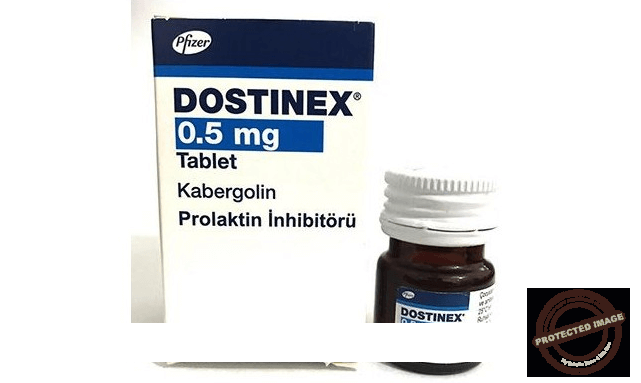In recent times, hormonal disorders have become a growing concern in the medical community, particularly in Nigeria. The increasing number of affected individuals underscores the urgency of addressing this issue. Dostinex has emerged as an effective medication in managing hormonal imbalances. This article provides valuable insights into the drug, its potential side effects, and its current pricing in Nigeria.
Dostinex Price in Nigeria
Estimating the cost of Dostinex can be challenging due to its availability in various types, brands, and milligrams. It is packaged in different quantities, further complicating pricing. On average, a pack of Dostinex containing four pills ranges from N8,000 to N20,000. Meanwhile, a pack with 56 pills, the largest available, costs between N20,000 and N58,500, depending on the brand.
Dostinex: What You Should Know About the Drug
Dostinex is increasingly prevalent in Nigeria, serving as a crucial treatment for high hormonal imbalances. Elevated levels of prolactin in females can lead to symptoms like excess breast milk production and missed periods, potentially hindering fertility. In males, increased prolactin levels may result in symptoms such as enlarged breasts and diminished sexual function. The key component of Dostinex, Cabergoline, functions by inhibiting the release of prolactin from the pituitary gland.
This medication is typically taken orally and can be consumed with or without food. Physicians typically recommend a twice-weekly dosage, tailored to the patient’s medical condition and response to treatment. The dosage is adjusted gradually over several months to mitigate potential side effects. It is crucial for patients to strictly adhere to their doctor’s instructions throughout this meticulous treatment process, which may span several months, depending on the severity of the hormonal imbalance being addressed.
Side Effects of Dostinex
As with many potent medications, Dostinex is associated with specific side effects. These effects vary widely among individuals, with some being transient and lasting only days or weeks, while others may persist for months. The prevalence and severity of side effects hinge on the patient’s response to treatment.
Commonly reported side effects include stomach upset, constipation, vomiting, dizziness, fatigue, and nausea. While not experienced by all users, a significant portion may encounter at least one of these effects. These effects are generally temporary and tend to occur at the onset of treatment. If they worsen or become painful, it is imperative to consult a healthcare professional promptly.
In cases where patients experience more severe side effects like persistent cough, mood disorders, nervousness, or unusual urges, immediate medical attention is essential to prevent potential complications. Some users have reported heightened urges, such as increased sexual or gambling impulses, necessitating a temporary cessation of the medication under a doctor’s guidance.
Additional Reported Side Effects and Precautions
In rare instances, patients have reported side effects affecting the kidneys, including changes in urine volume and color. More severe reactions, such as rash, itching, swelling of the face, tongue, or throat, as well as difficulty breathing, require immediate medical attention.
Before commencing Dostinex, it is crucial to inform your healthcare provider about any allergies or relevant medical history. Conditions like high blood pressure, heart, liver, or kidney diseases may warrant special consideration when using the drug.
Conclusion:
Dostinex has emerged as a valuable tool in addressing hormonal disorders, offering hope to many affected individuals in Nigeria. Understanding its usage, potential side effects, and associated costs is crucial for patients seeking effective treatment options. Always consult a healthcare professional for personalized advice and guidance on using Dostinex safely and effectively.

